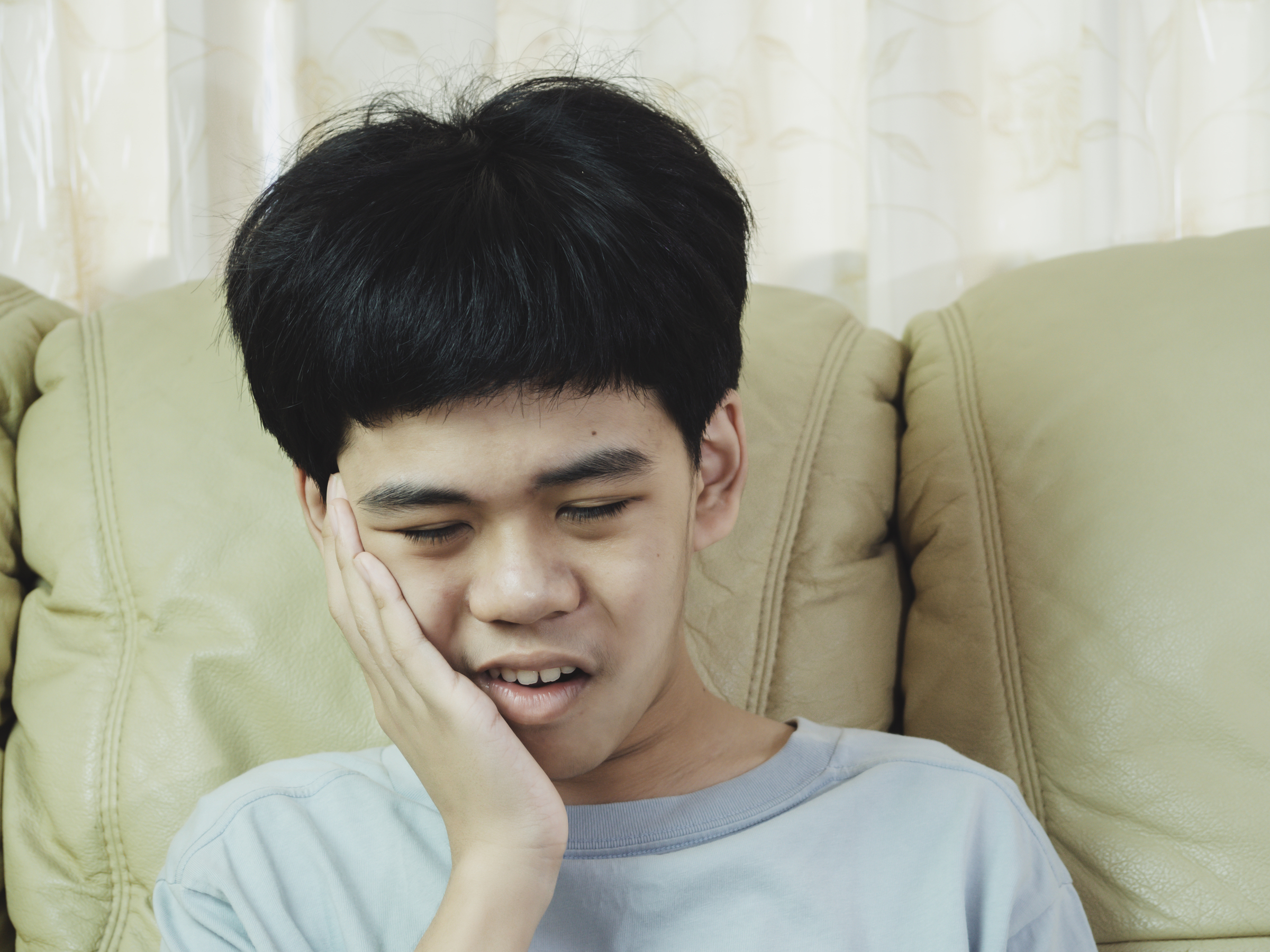Answer:
Swollen parotid glands occur when the area in front of and below the ear swells abnormally, sometimes appearing red and painful, especially when eating or chewing. Several factors can cause this swelling, including salivary stones, tumors in the parotid gland, or inflammation of the salivary glands due to viruses, bacteria, or mumps.
Children with parotitis caused by the mumps virus often experience fever, fatigue, and loss of appetite. The swelling usually starts on one side and gradually spreads to the other, causing pain when chewing, swallowing, or opening the mouth.
 |
Swollen parotid glands can be a sign of various infectious diseases. Illustration: Vecteezy |
In males, mumps can lead to complications such as testicular infection and atrophy, potentially causing infertility. Common symptoms include pain, sensitivity, and reddish swelling in one testicle. In females, ovarian inflammation is less common and less painful but can still affect fertility. Other potential complications include meningitis, pancreatitis, nephritis, myocarditis, and deafness.
Therefore, it's important not to disregard swollen parotid glands. You should take your son to a medical facility for a prompt examination to differentiate mumps from other conditions causing inflammation of the parotid glands.
If your son hasn't had mumps, he should receive the MMR vaccine as soon as possible. Vietnam offers two combined measles-mumps-rubella (MMR) vaccines for children and adults: Priorix (Belgium) and MMR II (USA). MMR II is administered to children from 12 months of age, while Priorix can be given to children as young as 9 months.
If your son contracts mumps, he needs to be isolated at home until he recovers to prevent transmission to others. Ensure he receives adequate nutrition, hydration, and rest, and follows the doctor's treatment plan for a speedy recovery.
Doctor Pham Hong Thuyet
Medical Manager, VNVC Vaccination System
Readers can submit vaccine-related questions for doctors to answer here.












